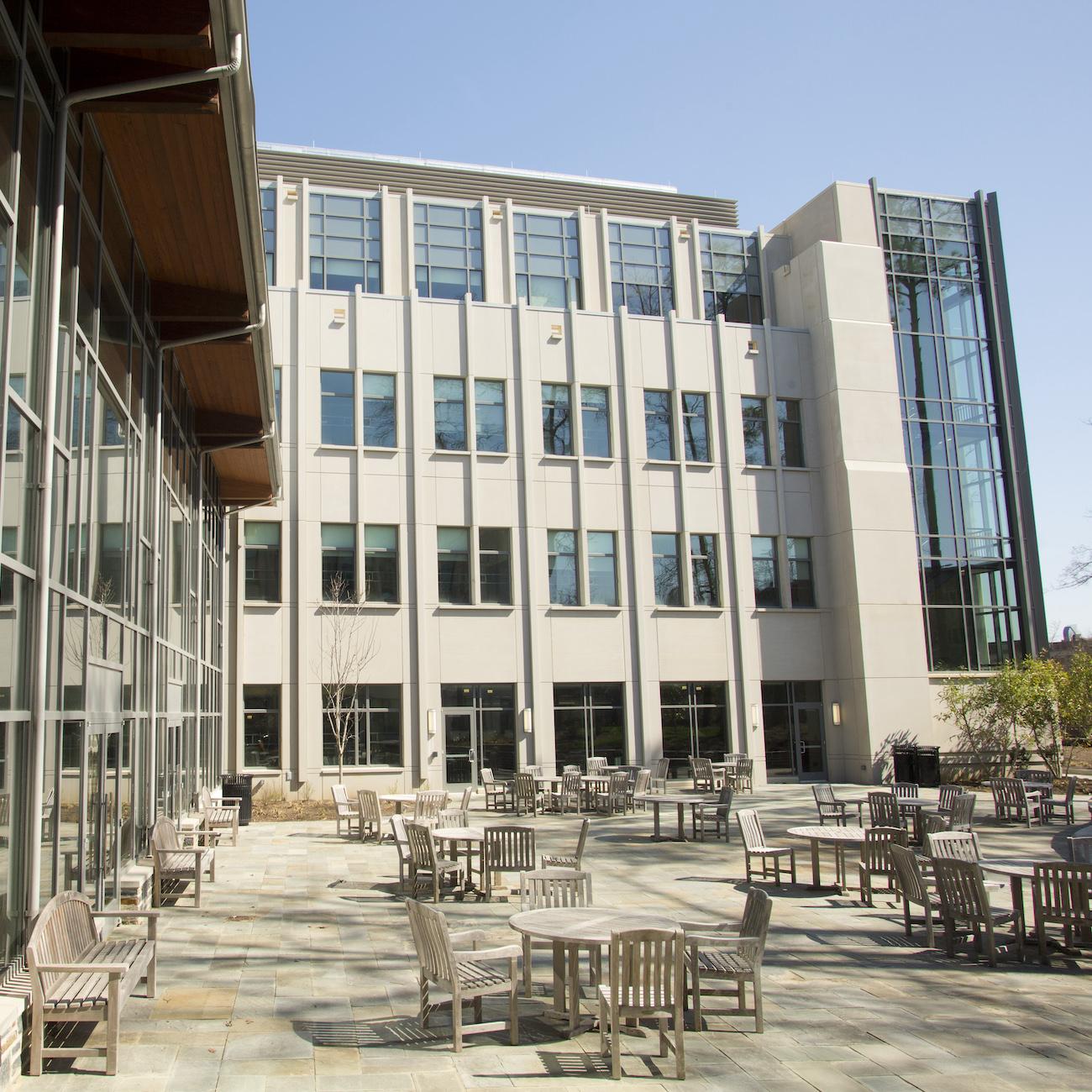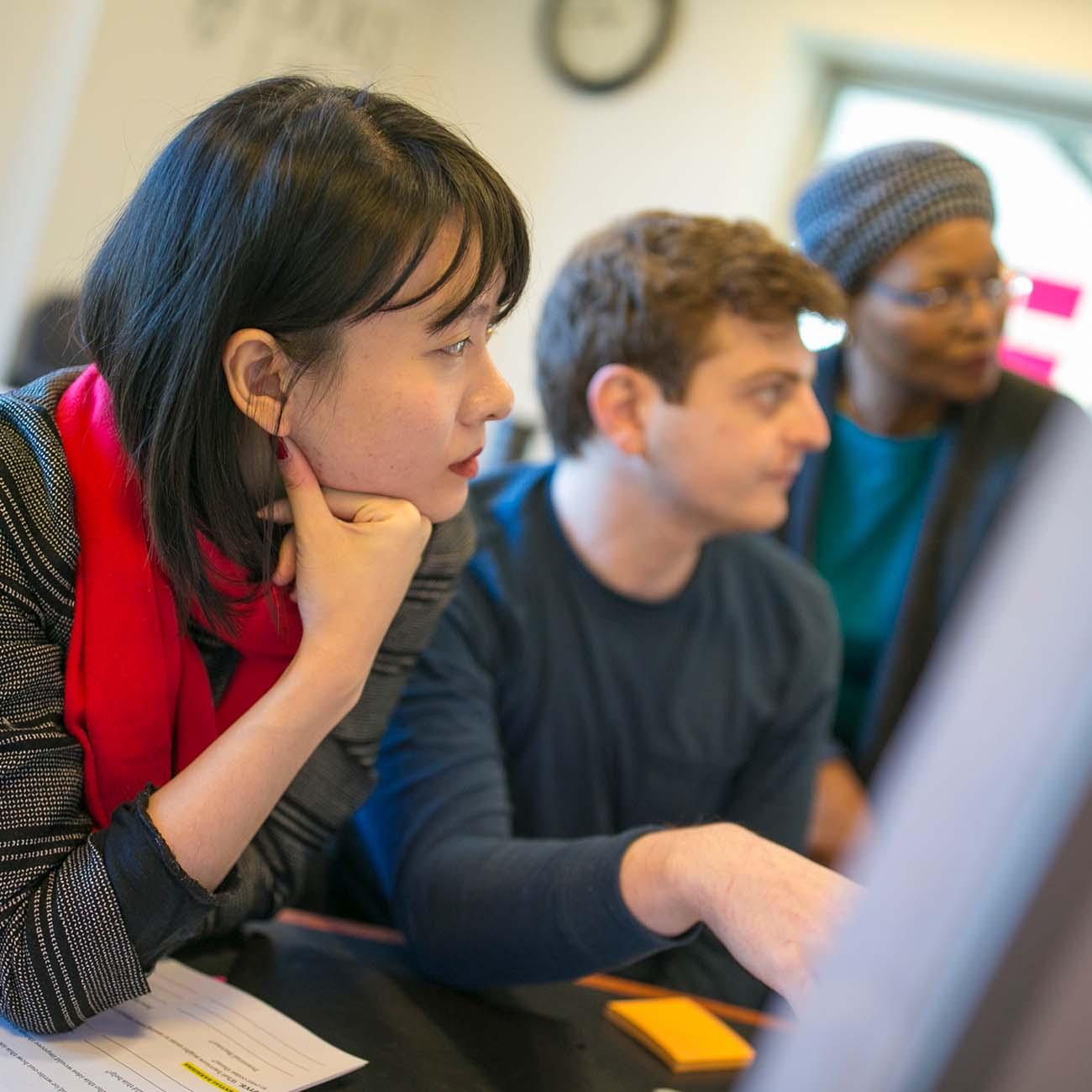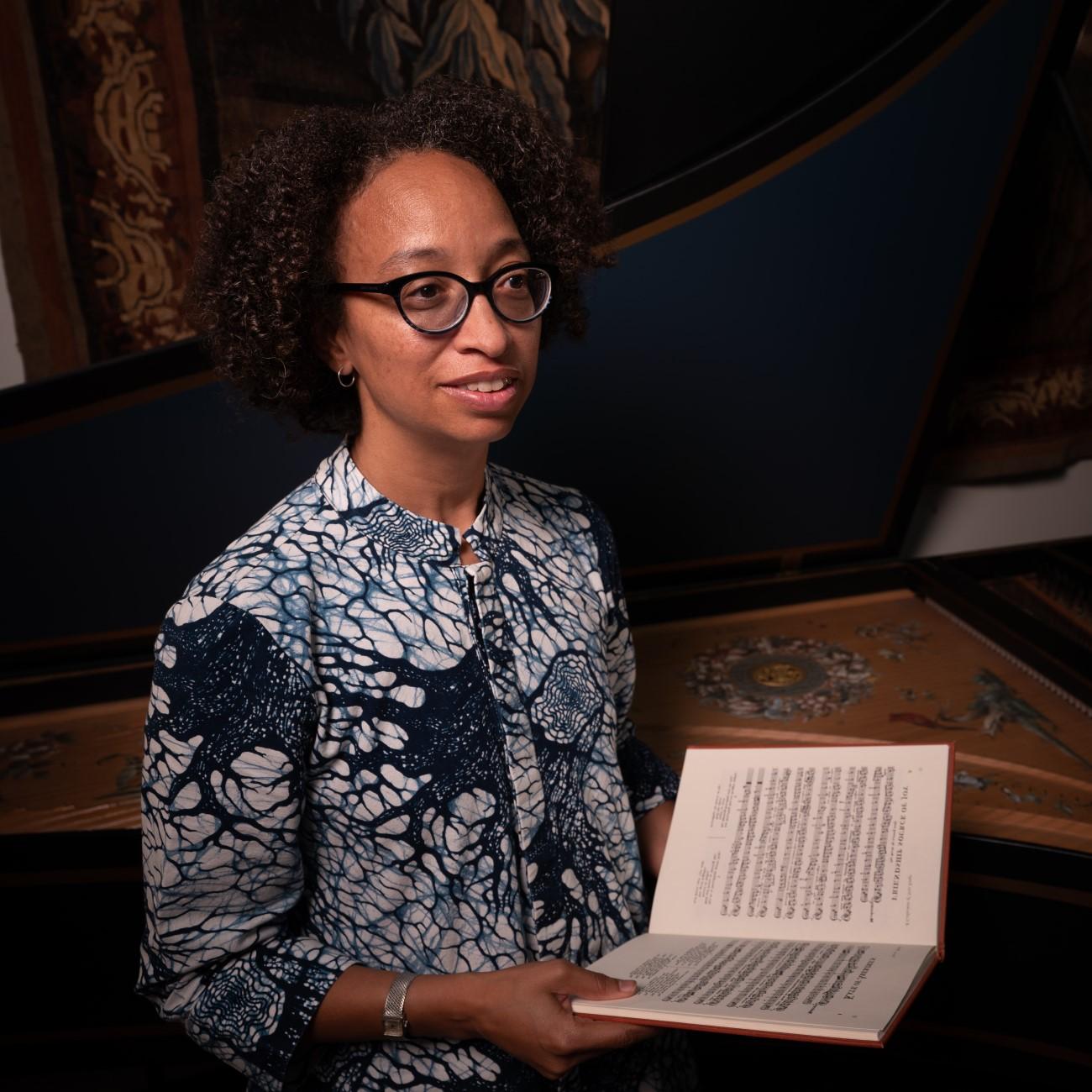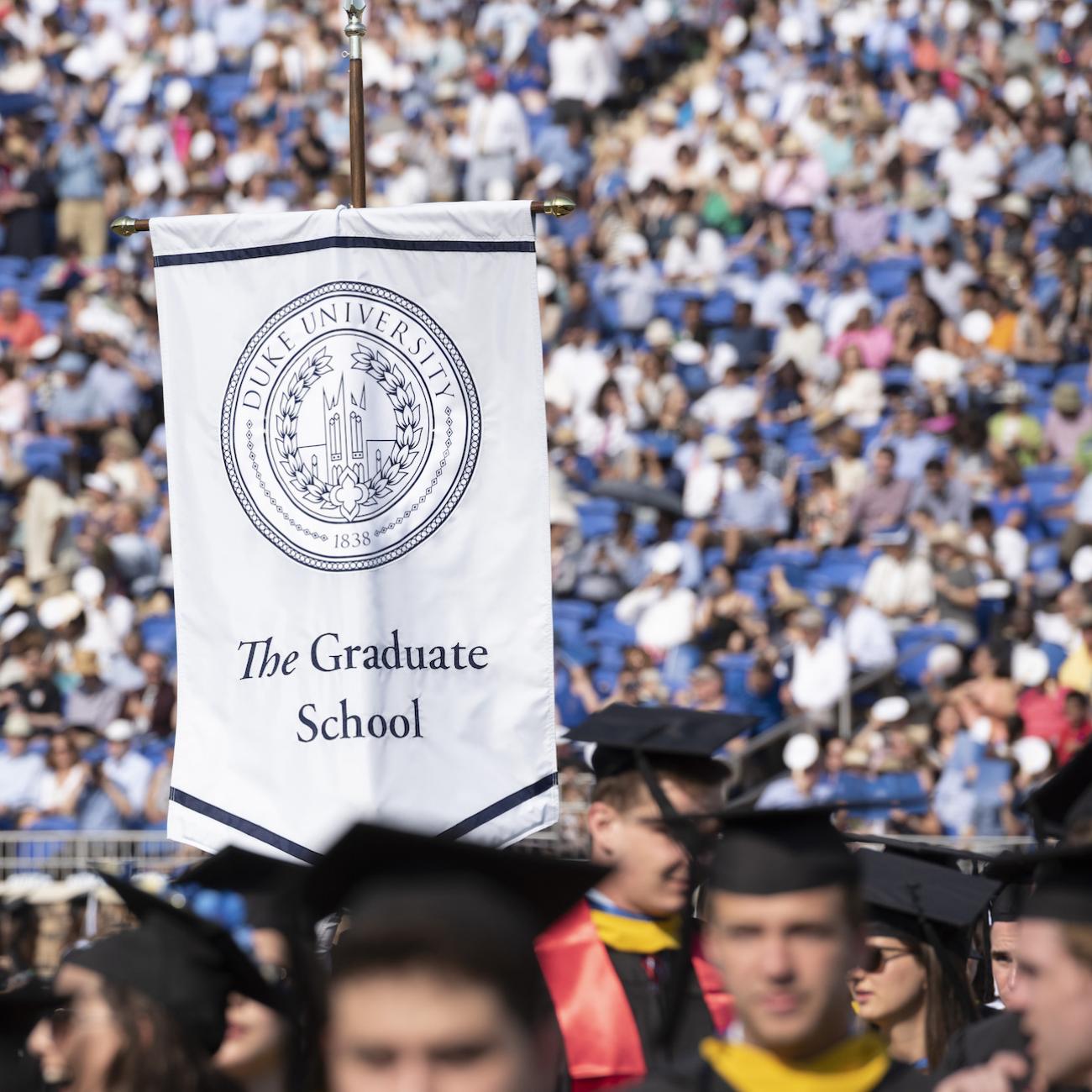Duke Endowment Challenge Broadens Donor Base, Bolsters Financial Aid and Public Interest Support
In 2022, The Duke Endowment awarded Duke Law School a $10 million grant to bolster financial aid and public interest assistance funds for students to study and launch careers in law. The grant came with a challenge: Match the commitment with gifts and pledges from other donors by the end of five years.
Set in four tiered stages, the challenge provided an opportunity for donors to receive a 1:1 match up to $1 million, starting March 2022. By December 2023, the entire $10 million match had been exhausted.
Through the generous contributions of 46 donors, The Duke Endowment Financial Aid and Public Interest Assistance Challenge [the “TDE Challenge”] has not only motivated existing scholarship donors to enhance the values of their named scholarship endowments, providing significant additional aid for current and future students, but encouraged a new and notably more diverse group of alumni to create new scholarship endowments, according to Associate Dean for Alumni & Development Geoff Krouse.
“Within just 20 months, we found several alumni donors who were eager to take advantage of the generous match opportunity from The Duke Endowment and add significant funds to existing scholarships,” said Krouse.
“We also discovered even more donors who were enticed to establish new scholarship endowments, knowing their giving would be matched and the scholarship value significantly enhanced. These donors represented, collectively, a broader cross-section of our alumni base, which introduces our diverse student population to a more diverse group of advocates and mentors.”
The beneficiaries of these scholarship funds are students from across socioeconomic backgrounds, including students who wish to pursue careers in the public interest sector upon graduation. These scholarships will continue to grow and, as of December 2023, the Law School has been able to provide 25 half and 17 full-rate tuition scholarships, up from 20 and 6, respectively, just five years ago.
“I know what it’s like to graduate with a large student loan balance. Donating is a way to help others experience that less severely,” said Miguel Eaton ’06, partner and practice leader at Jones Day in Washington D.C., who recently joined the Law School’s Board of Visitors. “I began donating as a student. It was a modest amount, but I wanted to start a habit of giving back. I knew how much the Law School depends on donations to maintain its standards.”
The TDE Challenge gave donors like Eaton a chance to make a statement about their commitment to supporting Duke Law, as well as ensure the school’s competitiveness in attracting the most talented and accomplished students to its community – one that prides itself on continued support far beyond graduation.
“There are so many ways to be connected to Duke Law and be part of the alumni body that’s contributing to Duke Law. It feels good when the Law School is successful and growing. It’s a leader in some cutting-edge fields, like AI and IP, but it takes a lot of work, talent, and resources at the faculty, student, and staff level,” said Lila Hope ’02, partner at Cooley LLP in Palo Alto, California.
“I feel lucky to be able to contribute my time and resources. It’s something I wouldn’t be able to do without my education at Duke Law, so it felt like a very natural thing to do, when offered an opportunity to pay that forward.”
Duke Law has a long tradition of producing public-spirited graduates. But with strong competition for many government and public interest positions, many of which do not offer the level of salary and other financial resources enjoyed by those joining law firms, there is a pressing need to ensure the Law School can support students in targeted ways, such as post-graduate fellowships, summer internship funding, and bar grants.
For Donna Cochener JD/LLM ’99, a longtime donor and member of the Alumnae Leadership Council at the Law School, the TDE Challenge provided an opportunity to directly benefit students seeking public interest careers.
“I gave to help take away the financial challenge of that career decision, and to help those who otherwise might not go to Duke because of the difficulty of offsetting the cost of their education,” said Cochener, general counsel for Neurogene Inc., a Seattle-based biotech company.
As a student, Cochener worked closely with Professor Emerita of Law Madeline Morris in her scholarship on the 1994 Rwanda genocide, an experience that has still informed much of her giving to the Law School. By investing in public interest work through the match program, Cochener said, she can continue to be involved in that legal arena.
“Investing in that work through philanthropy is important to me, as I believe we are all part of this process of moving good forward, and I chose Duke because of that connection and that deliberateness to how the school approaches stewardship in the legal community,” she said.
Duke Law School is committed to expanding the accessibility of legal education, and The TDE Challenge and its conferrers have enhanced its leadership position by increasing students’ financial aid opportunities and expanding their ability to choose meaningful careers that best suit their abilities and passions.
“The principal reason that I have contributed to the Law School over the years is the gratitude I have for the various opportunities my Duke Law degree has afforded me,” said Mario Ponce ’88, a partner at Simpson Thacher in New York.
“I met my wife [Irene Bruynes Ponce ‘89] at Duke Law, and The TDE Challenge was an excellent opportunity to enhance the impact of our giving.
“I would like to see the Law School continue to be regarded as one of the most elite law schools in the country, and one that attracts the brightest faculty and most qualified students.” — Hayley Foran












